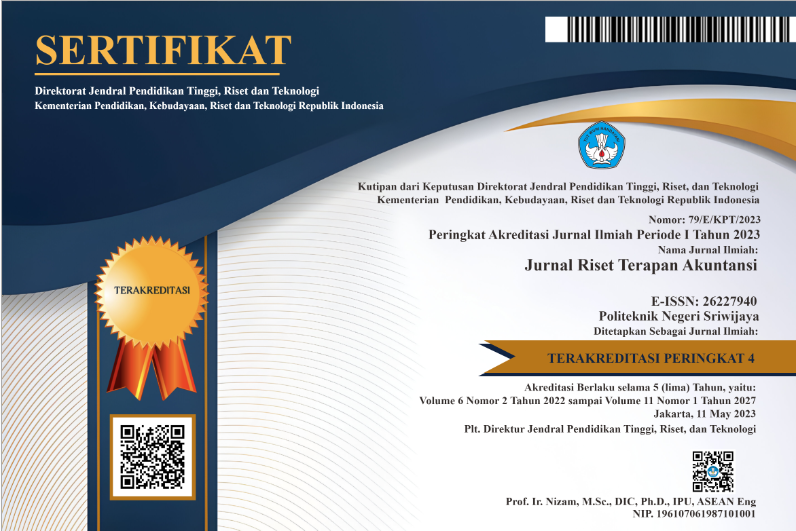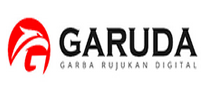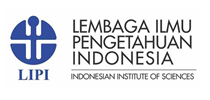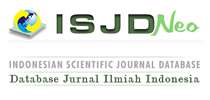PENGGUNAAN PERSPEKTIF POSITIVE ACCOUNTING THEORYTERHADAP KONSERVATISMA AKUNTANSIDI INDONESIA
DOI:
https://doi.org/10.5281/zenodo.3840848Keywords:
Positive Accounting Theory Perspective, Accounting ConservatismAbstract
This study aims to analyze the effect of using Positive Accounting Theory Perspective of Accounting
Conservatism in Indonesia in manufacturing company from 2008 to 2012. Independent variables of this study are Manajerial Ownership, Public Ownership, Leverage, Profitability, and Firm Size. While the dependent variable of this study is Accounting Conservatism. The data which used in this study were obtained from Indonesian Capital Market Directory (ICMD) for 2008 - 2012 period and historical data published by Indonesia Stock Exchange.There is a population of 139 manufacturing companies. The sampling  technique  used  is  purposive  sampling  with  having  sample  criteria  is  manufacturing companies listed on the IDX (Indonesia Stock Exchange)  in the period 2008 to 2012, so will be obtained 35 as a sample of research with 175 observation data. The method of analyzing data used is multiple linear regression analysis with using of SPPS software version 19. The results of this study to indicate that manajerial ownership, leverage and profitabiltas have a significant effect of accounting conservatisma. Public ownership, firm size have no effect of accounting conservatism.
References
Almilia, Luciana Spica. 2004. Pengujian Size Hypothesis dan Debt/Equity Hypothesis yang Mempengaruhi Tingkat Konservatisma Laporan KeuanganPerusahaan dengan Teknik Analisa Multinomial Logit. Jurnal Bisnis Akuntansi. Hal
4-10.
Ardina, Ayu M. Yogi. 2012. Penggunaan Perspektif Positive Accounting Theory Terhadap Konservatisma Akuntansi Di Indonesia. Skripsi. Universitas Diponegoro. Semarang
Bahaudin, Ahmad, dan Provita W., 2011. Mekanisme Corporate Governance terhadapKonservatisma Akuntansi di Indonesia. Dinamika Sosial Ekonomi. Volume 7 Nomor 1.
Basu, Sudipta. 1997. The Conservatism Principle and
The Asymetric Timelinessof Earnings. Journal of
Accounting and Ecconomics 24: 3-37.
Chariri, A., dan Imam Ghozali. 2007. Teori Akuntansi. Edisi III. Badan Penerbit Universitas Diponegoro. Semarang.
Deviyanti, Dyahayu Artika. 2012.Analisis Faktor- Faktor yang Mempengaruhi Penerapan Konservatisma dalam Akuntansi: Studi pada Perusahaan yang Tercatatdi Bursa Efek Indonesia. Skripsi TidakDipublikasikan.Universitas Diponegoro. Semarang.
FASB (Financial Accounting Standards Board).
1980. Statement of Financial Accounting Concepts No.2, Qualitative Characteristics of Accounting Information.Mc Graw Hill: USA.
Ghozali, Imam. 2009. Ekonometrika (Teori, Konsep dan Aplikasi denganSPSS 17). Badan Penebit Universitas Diponegoro: Semarang.
Harahap, Sofyan Syafri. 2008. Teori Akuntansi, Edisi
Revisi, PT Raja Grafindo Persada,Jakarta.
Juanda, Ahmad, 2007. Pengaruh Resiko Litigasi Dan Tipe Strategi Terhadap Hubungan Antara Konflik Kepentingan dan Konservatisma Akuntansi. SNA X. Makassar.
Pramana, Arif Duta.2010.Pengaruh Mekanisme Corporate Governance Profitabilitas dan Leverage Terhadap Konservatisma Akuntansi Di
Indonesia. Skripsi.Universitas Sebelas Maret.
Sari, Cynthia dan Desi Adhariani. 2009.
Konservatisme Akuntansi dan Faktor – FaktorYang Mempengaruhinya. Simposium Nasional Akuntansi XII.Palembang.
Sugiyono. 2007. Metodologi Penelitian Bisnis. PT Gramedia, Jakarta.
Wardhani, Ratna. 2008. Tingkat Konservatisma
Akuntansi Di Indonesia dan Hubungannya Dengan Karakteristik Dewan Sebagai Salah Satu Mekanisme Corporate Governance. Simposium Nasional Akuntansi IX. Pontianak.
Wolk, Dodd, and Roziscki. 2008. Accounting Theory
: Conceptual Issues in a Political and Economic Environment 7th edition. USA : Sage Publication, Inc.
Watts, R.L.2003. Conservatism in Accounting Part I: Explanations and Implications.Accounting Horizons 17: 207-221.
Zhang, Jieying. 2007. “The Contracting Benefits of Accounting Conservatism to Lenders and Borrowersâ€. Journal of Accounting and Economics. Vol. 45, Hal. 27-54.















